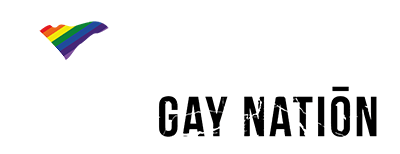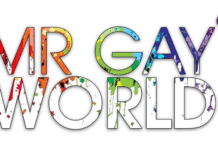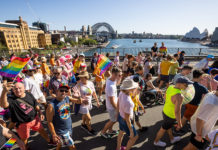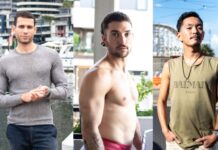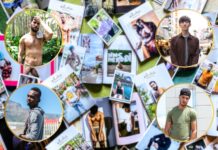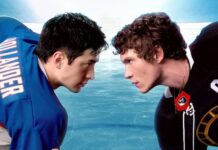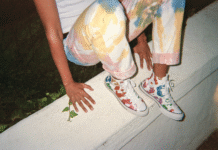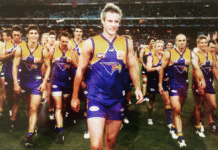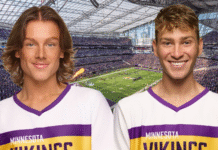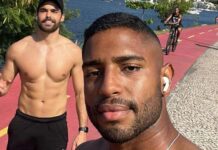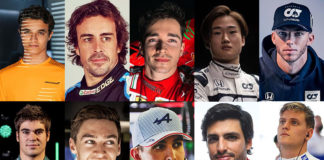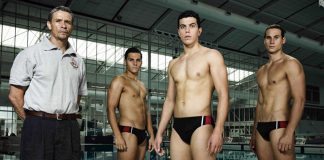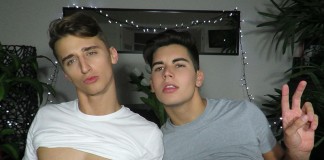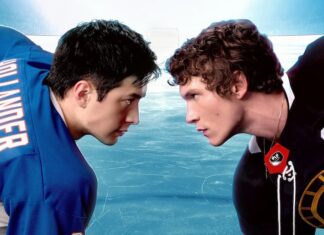
Up to 80% of New Zealand and Australian participants have witnessed or experienced homophobia in sport and 1 in 5 gay men have suggested they were put off playing youth team sports due to negative experiences in school PE classes and fears they would be rejected because of their sexuality.
The figures form part of a report called Out on the Fields which is the first international study and largest conducted on homophobia in sport.
Nearly 9500 people including lesbian, gay, bisexual and straight people from across the world were asked questions focussing on issues of sexuality in team sports.
The United States ranked the most poorly on many of the key measures, such as having the highest number of all participants who thought that LGB people were ‘not accepted at all’ or only ‘accepted a little’ in sporting culture.
Americans were also the most likely (70%) of any of the English speaking countries to believe homophobia is more common in sport than the rest of their society.
Australia and New Zealand also had the highest number (87%) of young gay athletes who remain in the closet and the highest number of gay youth who stay in the closet because of a fear of bullying (55%) and discrimination from coaches and officials.
It is these kinds of statistics that University of Auckland researcher Sophie Sills is hoping to change.
Sill’s latest project looks to analyse queer people’s experiences in women’s sport to get an in-depth idea of what is going on.
Her preliminary findings suggest that the problems in sport can often run a lot deeper than typical understandings of homophobia.
“We see our country as very egalitarian,” Ms Sills said.
“But this can mean that homophobia is sometimes very hard to notice unless you are living it.
“If someone uses a homophobic slur or makes you feel uncomfortable, you are often faced with the choice of whether to rock that egalitarian idea by actually saying something about it.
“Often, we are worried that that trying to talk about some of the problems will cause too much of a fuss in the team, or will come across as us whinging and going on about things that don’t seem like problems to other people.
“But nobody should have to choose between being accepted and being comfortable, especially when they want to be focused on a good performance.”

Stills has put her voice behind the upcoming Proud to Play sporting competition to be held in Auckland during the Pride Festival.
Sills suggests that spaces like Proud to Play, where everyone can be celebrated for their sporting abilities, provides a really important experience where rainbow athletes can just participate without having to be worried about these kinds of choices.
“Hopefully we can get to the stage where homophobia just doesn’t exist in sport anymore.”
The Proud to Play sports tournament will be held from 13-21 of February and registration is open to individuals and teams of all levels.
For more details and to register, visit www.proudtoplaynz.com.
For more details on the Out on the Fields study visit www.outonthefields.com
Last Updated on Dec 7, 2015
The news team for Gay Nation love tips from our readers. Got tips or a news story that you would like published? Go here to tell us something.
Visit the Gay Nation store Now

